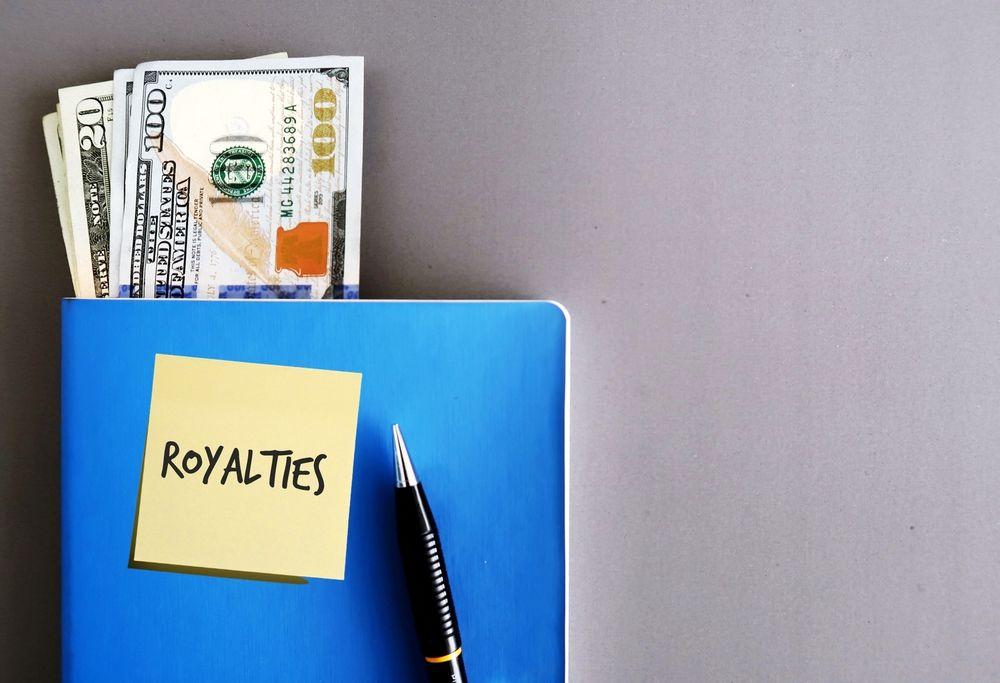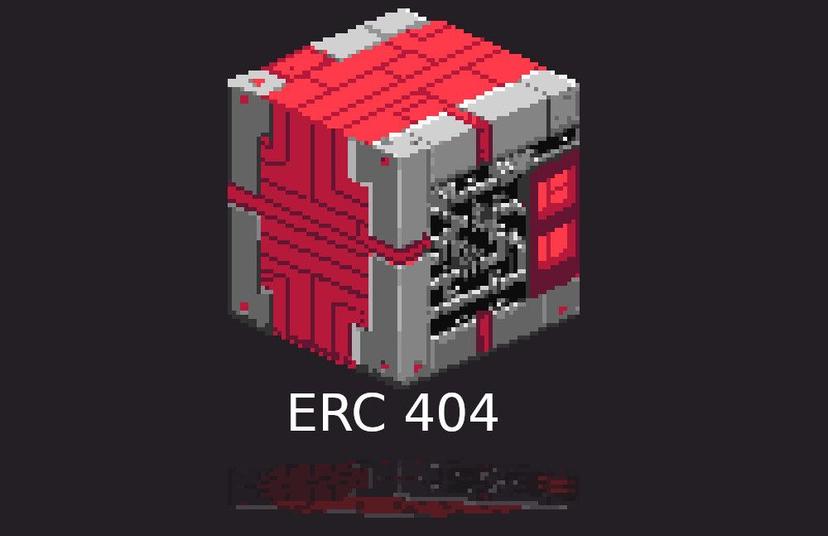Published October 15, 2022

Artists and collectors have waged a furious debate over creator royalties for months, but now the notion is rapidly spreading through the NFT industry. However, many marketplaces are letting NFT buyers decide whether to pay royalty fees.
Some marketplaces are saying no
Recently, Magic Eden—the largest Solana NFT market by far—announced that it would no longer require creator royalties, after losing a considerable amount of market share to royalty-avoiding upstarts. Nearly every Solana NFT market that has any significant market share has either dropped royalties or made them optional. NFT traders on Solana no longer pay between 5% and 10% in fees on every transaction, which will boost sellers' profit margins but reduce project founders' and creators' revenues as a result.
But Platforms matter too
Despite the surge in popularity of platforms like X2Y2 and Sudoswap, which push back on fees to some extent, Ethereum still dominates the NFT space. Other marketplaces, such as OpenSea, maintain creator fees, so the Ethereum market hasn’t seen as much of a “race to the bottom” on fees as the Solana market has. Many artists are taking a stand against marketplaces that reject royalties.
Creators are fighting back
In response to Magic Eden and other art-centric marketplaces, Solana NFT has emphasized that a social contract has been violated by marketplaces rejecting royalties. On Saturday, Exchange Art tweeted that creators would be able to block their NFTs from being traded on such marketplaces, as a consequence of their rejection of royalties. Future NFT development may be impacted by Solana's shift away from honoring creator compensation, according to Taiyo Robotics founder Tom. People are most willing to pay royalties on the secondary market, according to Tom, who has spoken to project creators that are switching to Ethereum. “This is the biggest threat to the continuation of 0% royalties here at SOL in my opinion,” Tom said. “What incentive is there for new creators to come here if they already typically make less money from minting quality coins here, and now there are no royalties?”
There are technology solutions on the way
Developers are currently working on solutions to enable full NFT royalty enforcement on both Ethereum and Solana. Even the QQL blacklist can currently be bypassed, according to Hobbs. Future improvements to NFT standards and smart contracts may enable more rigorous royalty approaches. In addition to being more powerful, creators of NFTs and Web3 benefit from their approach not being bulletproof.
Final Words: There will be a consensus
At the end of the day, code isn’t the only thing that determines NFT royalty enforcement. Collectors have to understand why artist royalties are significant, and marketplaces and platforms need to reach a cultural consensus. Stay tuned!



